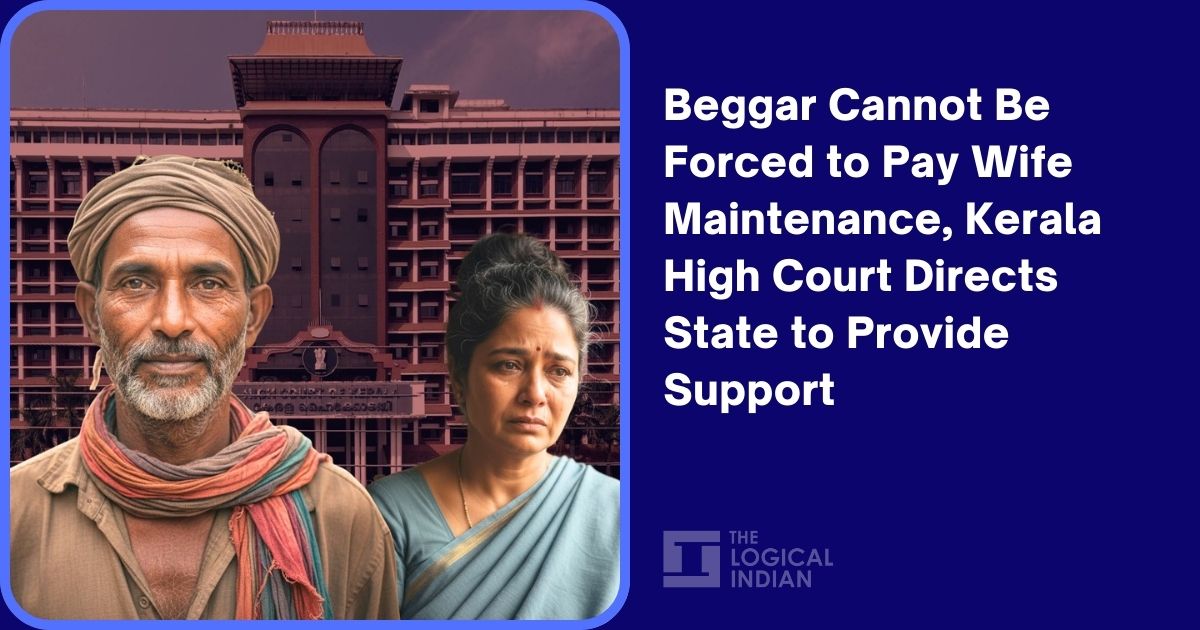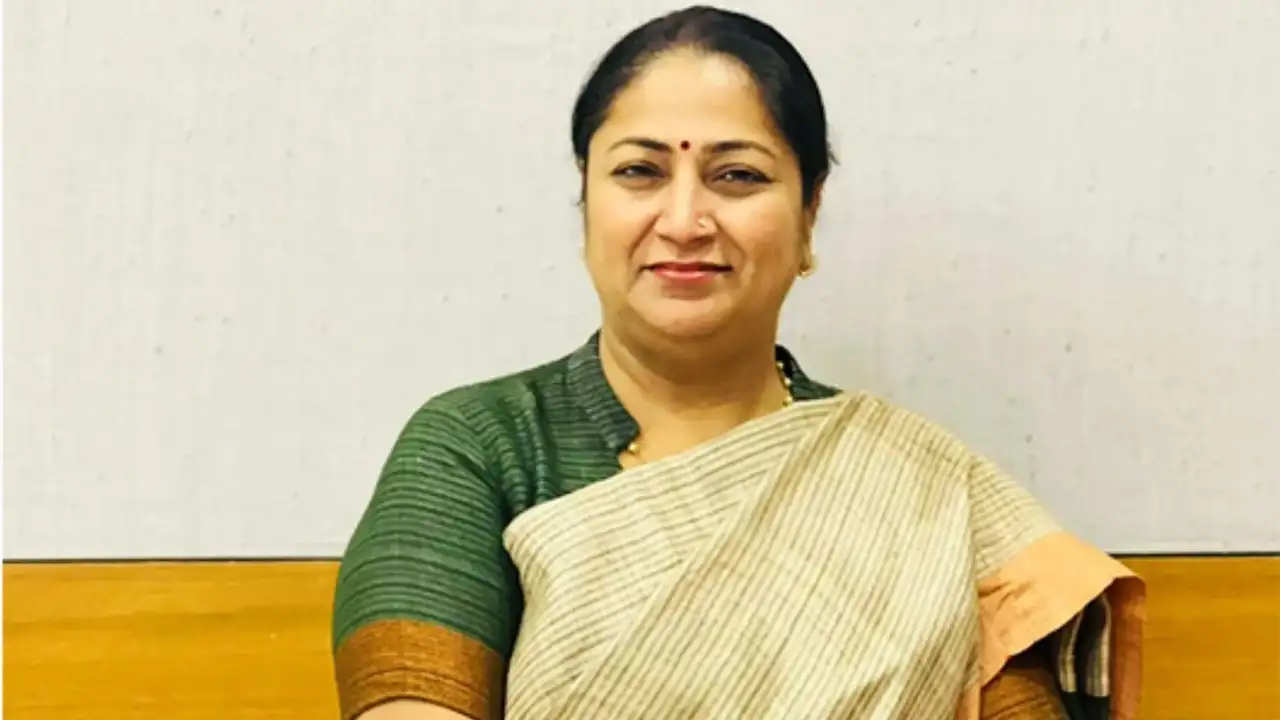Beggar Cannot Be Forced to Pay Wife Maintenance, Kerala High Court Directs State to Provide Support
By News Desk,Snake Over Dowry
Copyright thelogicalindian

The Kerala High Court recently ruled that a court cannot compel a beggar, who relies entirely on alms for survival, to pay maintenance to his wife. The case involved a blind man married twice under Muslim Personal Law, with his second wife seeking Rs 10,000 monthly maintenance.
Justice P.V. Kunhikrishnan upheld a lower Family Court decision rejecting the claim and cited a Malayalam proverb, “one should not dip into another person’s begging bowl,” to highlight the impracticality of demanding financial support from a beggar. The court directed the state to ensure destitute spouses receive food, clothing and counselling to prevent irresponsible polygamy.
Court’s Compassionate Judgment and Social Welfare Directive
Justice Kunhikrishnan emphasised that the legal obligation to pay maintenance depends on the husband’s capacity to provide. Acknowledging the man’s blindness and dependence on begging, the court ruled no legal direction to pay maintenance could be issued. Importantly, the court stressed that the State is responsible for protecting vulnerable individuals such as destitute wives.
It directed the Kerala Social Welfare Department to ensure the provision of essentials like food and clothing to both wives, as well as to provide counselling to the husband, using religious leaders, to prevent further marriages. The court condemned successive marriages without adequate support and urged the State to take remedial actions against such irresponsible behaviour.
Polygamy Within Muslim Personal Law: Limits and Responsibilities
The judgment delved into Muslim Personal Law, recognising polygamy as permissible only where just maintenance can be ensured for all wives. Justice Kunhikrishnan noted the risks posed by men marrying multiple wives without financial means, highlighting that the blind beggar husband allegedly threatened to divorce his current wife and remarry again.
The court warned that such actions place destitute spouses in precarious positions and reinforced that monogamy should be the norm for equitable treatment. The decision called for education, awareness, and state intervention to mitigate the negative consequences of polygamy on vulnerable women.
The Logical Indian’s Perspective
This landmark ruling balances legal realism with compassion, recognising the dire conditions faced by impoverished individuals while advocating for state accountability in social welfare.
It underscores societal and governmental responsibilities to protect dignity and basic rights of destitute spouses, especially within the complexities of personal laws and poverty. The case invites reflection on how cultural practices intersect with human rights and legal protections.



